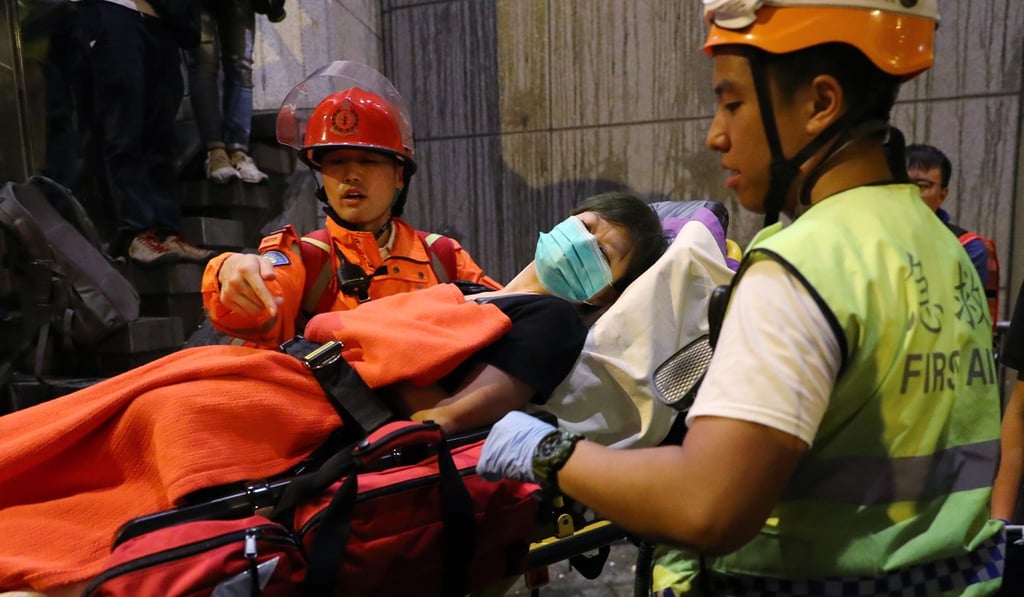Typhoons, disease outbreaks and now escalating protests: Hong Kong isn’t ready for a citywide disaster
- Independent assessments of Hong Kong find it lacking in governance, institutional capacity and identifying risks. This could come back to haunt the city if clashes between protesters and police escalate, overtaxing medical facilities

Preparation is key. Although unpredictability underlies risk-reduction principles for all disasters, some emerging threats should be foreseen.
The cornerstone of disaster management is resilience – a city’s ability to absorb and recover from the impact of an event. The essential elements of resilience are readiness, response and restoration. Anticipation (and, where possible, avoidance) is critical; the foundation is rehearsal of the coordinated action plan.
Unfortunately, independent studies indicate that the governance and institutions of Hong Kong are inadequate for the task.
In the 2016 “Disaster Preparedness in Hong Kong – A Scoping Study”, led by the Harvard School of Public Health, 40.6 per cent of nursing and medical staff interviewed thought the city was at risk of disaster due to civil unrest. However, only 25.6 per cent of medical personnel surveyed had taken part in a hospital disaster drill in the previous two years, and only a fifth of those exercises had been multi-agency, involving the emergency services.
